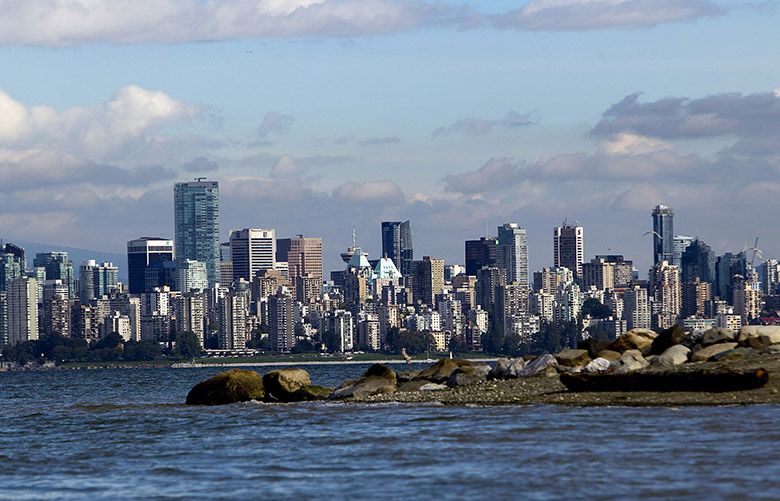Vancouver, BC limits Airbnb and similar short-term rentals in a bid to tackle housing crisis
New regulations prohibit businesses from offering short-term rentals through Airbnb and similar services; individuals will only be allowed to rent their primary residence. Suites in the basement, above garages or in sheds can no longer be offered for short-term rental.
OTTAWA, Ontario — In an attempt to ease its severe housing shortage, Vancouver decided this week to limit short-term rentals, a measure particularly targeting Airbnb.
The new regulations, passed by the city council on Tuesday, prohibit businesses from offering short-term rentals through Airbnb and similar services; individuals will only be allowed to rent their primary residence. Suites in the basement, above garages or in sheds can no longer be offered for short-term rental.
The city, the largest in British Columbia, is struggling with unusually high housing prices and unusually low vacancy rates for apartments and houses. Officials hope the restrictions will free up more homes for long-term rentals.
An analysis of bylaws prepared for the city council offers no hard evidence that more flats will become available, but it characterized the measures as a way to protect further losses of rental units.
Airbnb said Wednesday that the company may challenge the new rules.
Some city council members voted against the bylaws, saying they will not improve the housing situation in the city.
“Vancouver has become increasingly unaffordable, we all know that,” council member George Affleck said during the debate. “This policy is not going to fix that. It will create a bureaucracy.
The new regulations also require all people offering their accommodation for rent in Vancouver to be licensed and pay an annual fee of C$49 (approximately $38). Owners without a permit could be fined CAN$1,000.
Enforcement of the system will rely primarily on officials scouring Airbnb listings for unlicensed operators, though officials acknowledged in a policy document accompanying the regulations that this is “a flawed approach.” because it can be difficult to coordinate listings with license data.
“We have 6,000 illegal short-term rentals in the city,” Vancouver Mayor Gregor Robertson said at a city council meeting on Tuesday. “We have to respond with these kinds of actions.”
“There are a lot of positives in the sharing economy, but it creates other complications and we need to figure out how to regulate that,” he added.
A booming economy, foreign investors and other factors have driven up home prices in Vancouver. The Canadian Real Estate Association’s most recent index price for a typical home in the Vancouver area was just over C$1 million in October.
But just over half of the city’s households lived in rental units, which developers largely ignored in favor of condominiums. The city estimates its current vacancy rate at 0.8% and Vancouver has some of the highest rents in Canada.
At the same time, the city’s popularity as a tourist destination and the generally high prices for conventional hotel rooms have made it a thriving market for short-term rentals – the vast majority of which, according to the city, are offered through Airbnb.
The city estimates that 27-39% of homes rented through Airbnb are non-detached homes.
Alex Dagg, head of public policy for Airbnb in Canada, said the company will continue to push Vancouver to allow landlords to rent secondary suites – separate units in an individual’s primary residence.
Dagg said the company’s data indicated most of the second suites listed through Airbnb were used by family members, such as students returning from college in the summer, and would not end up on the market anyway. long term rental.
While she said the company preferred to negotiate with Vancouver, she wouldn’t rule out challenging the sequel ban in court.
Several US cities have also passed regulations governing short-term rentals. The new measures in Vancouver will fall somewhere between those in New York, which bans rentals in apartment buildings and other multi-unit dwellings, and Austin, Texas, which requires little more than licenses and rules. forcing operators not to create a nuisance.
The Seattle City Council recently voted to tax short-term rental operators, but postponed a vote on regulating the short-term rental industry.


Comments are closed.